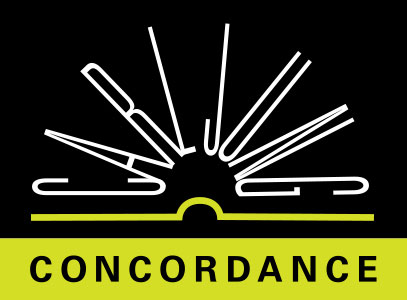The king is a major image in the collective psyche, and that is why it gets such a large consideration in Mysterium Coniunctionis. It is not an image that comes up often in work with American patients because the American psyche does not characteristically have the image of the king in it. America was born in rebellion against kingship. (That will be an essay for somebody to write some daythe psychological significance of that fact for the American psyche.) But that doesn't mean that we're free of the archetype; it just means it takes on different clothing. For Americans, in most cases, the image comes up as the image of the president, or sometimes chairman of the board. But the same archetypal content lies behind those imagesit is still the king by any other name:
KING AS MAJOR STEP IN EVOLUTION
The theme of the emergence of the institution of kingship in human history is very significant psychologically; it definitely signifies a major step in the evolution of the collective psyche. It amounts to the emergence of an image of a central authority around which a whole nation can be ordered, and it corresponds to the emergence of the ego in the individual. The king is sort of the collective ego of the emerging nation. Those of you who attended the Old Testament course will remember how this feature was pictured in the stories of Saul and David, the first and second kings of Israel
ML p.171KING AS THE EARTHLY
REPRESENTATIVE OF GOD
In the early days when kings were first getting establishednot just in Israel but in all of antiquitythe king was thought, quite concretely, to be the earthly representative of God, and therefore he had accompanying him all the trappings of divinity: the scepter, the mantle, the orb and being addressed only by superlative epithets such as “your majesty”
ML p.172KING AS CENTRAL AUTHORITY
From the standpoint of history, the emergence of kingship represents the appearance of a central authority around which collective consciousness is ordered. The king is to the collective national psyche what the ego is to the individual psyche. In dreams, however, the image of the king represents the Selfor an aspect of the Self, a kind of intermediary of the Selfin relation to the ego
ML p.172For most members of a primitive society, the king carried all the attributes we associate with the Self. James Frazer describes the phenomenology succinctly in the Golden Bough:
ML p.172Frazer says: At a certain stage of early society the king or priest is often thought to be endowed with supernatural powers or to be an incarnation of a deity, and consistently with this belief the course of nature is supposed to be more or less under his control, and he is held responsible for bad weather, failure of the crops, and similar calamities. To some extent it appears to be assumed that the king's power over nature, like that over his subjects and slaves, is exerted through definite acts of will; and therefore if drought, famine, pestilence, or storms arise, the people attribute the misfortune to the negligence or guilt of their king, and punish him accordingly with stripes and bonds Sometimes, however, the course of nature, while regarded as dependent on the king, is supposed to be partly independent of his will. His person is consideredas the dynamical centre of the universe, from which lines of force radiate to all quarters of the heaven; so that any motion of histhe turning of his head, the lifting of his handinstantaneously affects and may seriously disturb some part of nature
He is the point of support on which hangs the balance of the world, and the slightest irregularity on his part may overthrow the delicate equipoise. The greatest care must, therefore, be taken both by and of him; and his whole life, down to its minutest details, must be so regulated that no act of his, voluntary or involuntary, mayupset the established order of nature. ( The Golden Bough: A Study in Magic and Religion, pp. 221f. )
The phenomenology of the Self is completely visible in this description of the way primitives thought of their kings
ML p.172KING AS PART OF A
THEOLOGICAL TRINITY
As Jung speaks about early kingship in the beginning of this chapter, he uses Egypt as the example of its most elaborate development ( CW14: pars. 349-352 ). In Egyptian symbolism the king was definitely part of a theological trinity:
ML p.172There was God the Father
There was Pharaoh the king who was his son
There was the so-called ka who represented the divine life-force and procreative power, and who corresponded to the Pharaoh's fourteen ancestral souls
EGYPTIAN TRINITY AS ORIGIN
OF THE CHRISTIAN TRINITY
Jung makes a point of indicating that this Egyptian trinity is the origin of the theological doctrine of the Christian Trinity, and he specifically states that the idea of the homoousia of the Father and the Son derives from Egyptian symbolism
ML p.172